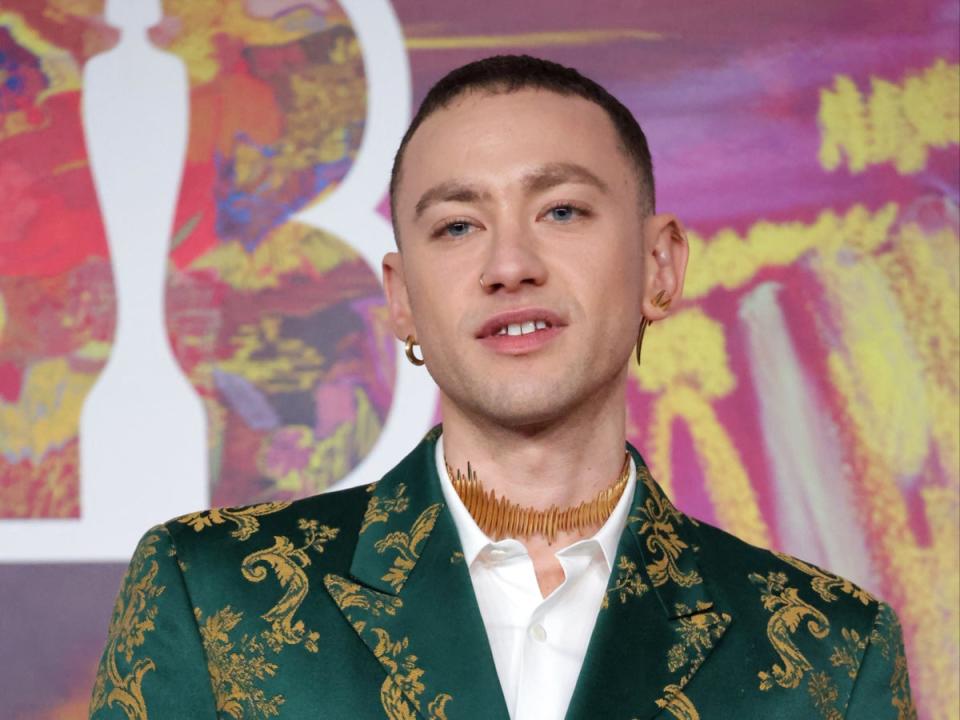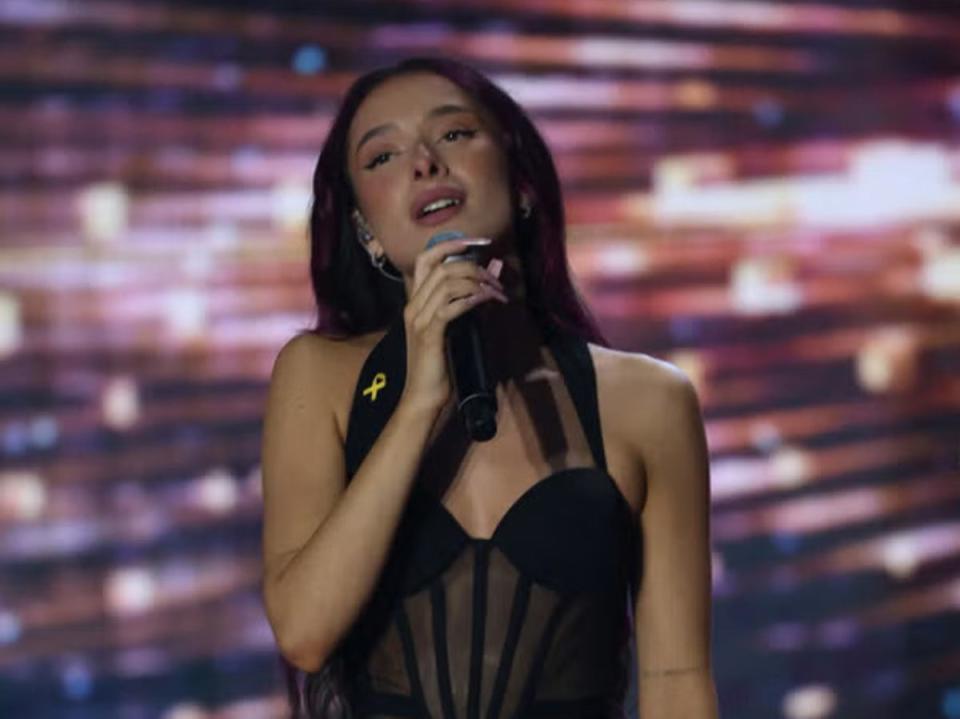Olly Alexander issues statement in response to Eurovision boycott calls over Israel

The UK’s Eurovision 2024 entry Olly Alexander has responded to calls for him to boycott this year’s Eurovision Song Contest in protest against Israel’s inclusion in the competition.
It comes after over 450 queer artists, individuals, and organisations signed an open letter asking the pop singer to withdraw over the country’s ongoing war on Gaza.
The group, who call themselves Queers for Palestine, include the actor Maxine Peake, rock band Goat Girl and novelist and playwright Sarah Schulman.
The open letter argues that Israel’s presence in the competition is helping to normalise the ongoing conflict in Gaza.
Alexander and his team responded in a statement shared to his social media accounts.
“We want to begin by acknowledging the privilege of taking part in Eurovision,” the response said.
“In light of the current situation in the Occupied Palestinian Territories, and particularly in Gaza, and in Israel, we do not feel comfortable being silent.
“It it important to us to stand in solidarity with the oppressed and communicate our heartfelt wish for peace, an immediate lasting ceasefire, and the safe return of all hostages. We stand united against all forms of hate, including antisemitism and islamophobia.”
His team continued with a message of optimism and a belief in the “power of music”, adding: “We firmly believe in the unifying power of music, enabling people to transcend differences and foster meaningful conversations and connections.

“We feel it is our duty to create and uphold this space, with a strong hope that it will inspire greater compassion and empathy.”
The decision has led to online backlash with Queers For Palestine who organised the original letter, calling the statement “condescending” and accusing Alexander of a “lack of concern, if not contempt for the Palestinian people of Gaza”.
Journalist Owen Jones called Alexander’s response “disappointing”.
— olly alexander (@alexander_olly) March 29, 2024
However, The Daily Telegraph reported that the BBC did not plan to take any action as Alexander signed the letter before he was revealed to be the UK’s act.

The competition has faced international scrutiny with artists across Europe calling for Israel to be excluded in a similar vein to Russia’s exclusion following its invasion of Ukraine.
In January, Iceland’s Association of Composers and Lyricists called for Israel to be suspended from the competition in a statement saying its participation in an event “characterised by joy and optimism” would be incompatible with its military actions.
Over 1,400 music industry professionals in Finland signed a petition to ban the country, accusing their national broadcaster of double standards as it was among the first to demand a ban on Russia following its invasion of Ukraine.
Danish and Norwegian musicians have composed similar letters with Sweden’s artists including Robyn, Fever Ray and First Aid King signing an open letter accusing Israel of war crimes, which the country denies.
Israel threatened to withdraw from the competition after controversy over “political” lyrics in their song entry for the competition.
Responding to calls for a boycott, the EBU said last month: “The Eurovision Song Contest remains a non-political event that unites audiences worldwide through music.”


